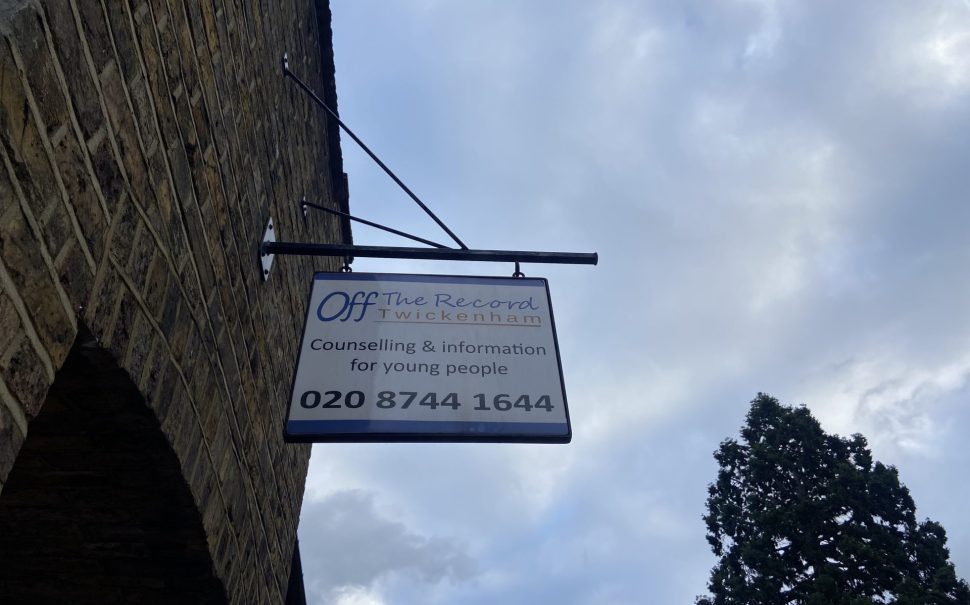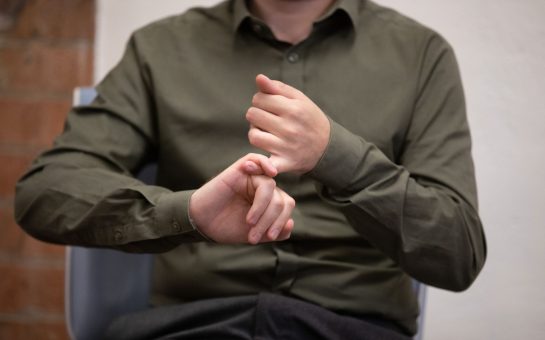November is Men’s Mental Health Month, and although November’s mental health fundraising efforts are frequently associated with friends’ questionable Movember facial hair, the month has also seen a Twickenham mental health centre making an extra effort to reach out to men and boys.
Twickenham’s Off the Record (OTR), which provides the only free and confidential drop-in counselling, information and sexual health service for young people aged 11–24 living, working or studying in the Borough of Richmond, has been thinking creatively about how to reach men and boys more effectively.
Jess Egan, assistant manager at OTR, said they recently visited a group of male learners to tell them about their services, and since then a number of them have come to OTR to speak to somebody about how they’ve been feeling, and to register for counselling.
To men and boys who are looking for counselling, but may not know how to ask for it, Egan said: “Everybody will experience emotional challenges throughout their life – it certainly doesn’t mean there is anything wrong with you, but it’s a normal part of being human.
“Ultimately, counselling is just talking, and it can really help!
“Often, once initial personal contact has been made, it’s much easier to continue to engage and to get the support you need.
“We’d say it’s always worth taking the risk and trying counselling – you don’t need to come back if you don’t like it – you’re the one in charge of what you say and do.”
She said when it comes to boys’ and men’s mental health they don’t have any different protocols than for women and girls, but they are always open to their clients trying different counsellors, as each will work differently.
There is always an option at OTR to choose from a male or female counsellor, however she has seen that both male and female clients tend to have a preference for seeing a female counsellor because of the cultural perception that women are better listeners.
Egan stressed however that OTR’s male counsellors were definitely as good at listening as the female counsellors.
Egan also said that OTR’s sexual health support work has resulted in many boys feeling comfortable to ask for counselling.
Many come in initially for condoms and STI testing, and then feel that it is easier to then come back and speak to a counsellor.
Despite rising numbers of young people asking for help, Deborah Kerpner, service manager at OTR, said the ratio of boys to girls asking for help has remained the same.
To address this, they have recently put in an application to the South West London Investment Fund for funding to run workshops to encourage higher engagement with young men and boys.
Beyond Men’s Mental Health Month, Kerpner and Egan want to say to all young people: “Often, we find the [barrier to seeking help] to be shame, and the fear of being judged.
There are a lot of unknowns when seeking support for the first time – like ‘what will they think of me? What will they make me do?
“What if they say there’s something really wrong with me?’
“Many young people judge themselves very harshly and expect that others will as well, and can’t bear the thought of it.
“But counselling offers an accepting and non-judgemental space where you can really start to understand yourself better.
We think that outreach promotion can help in this way as it’s easier for them to come to us if they’ve already met someone from the service and know what to expect. It reduces some of the fear of the unknown.”
The Samaritans helpline is available for free support 24 hours a day on 116 123.
To find out more about local mental health support, contact Mind on 0300 123 3393





